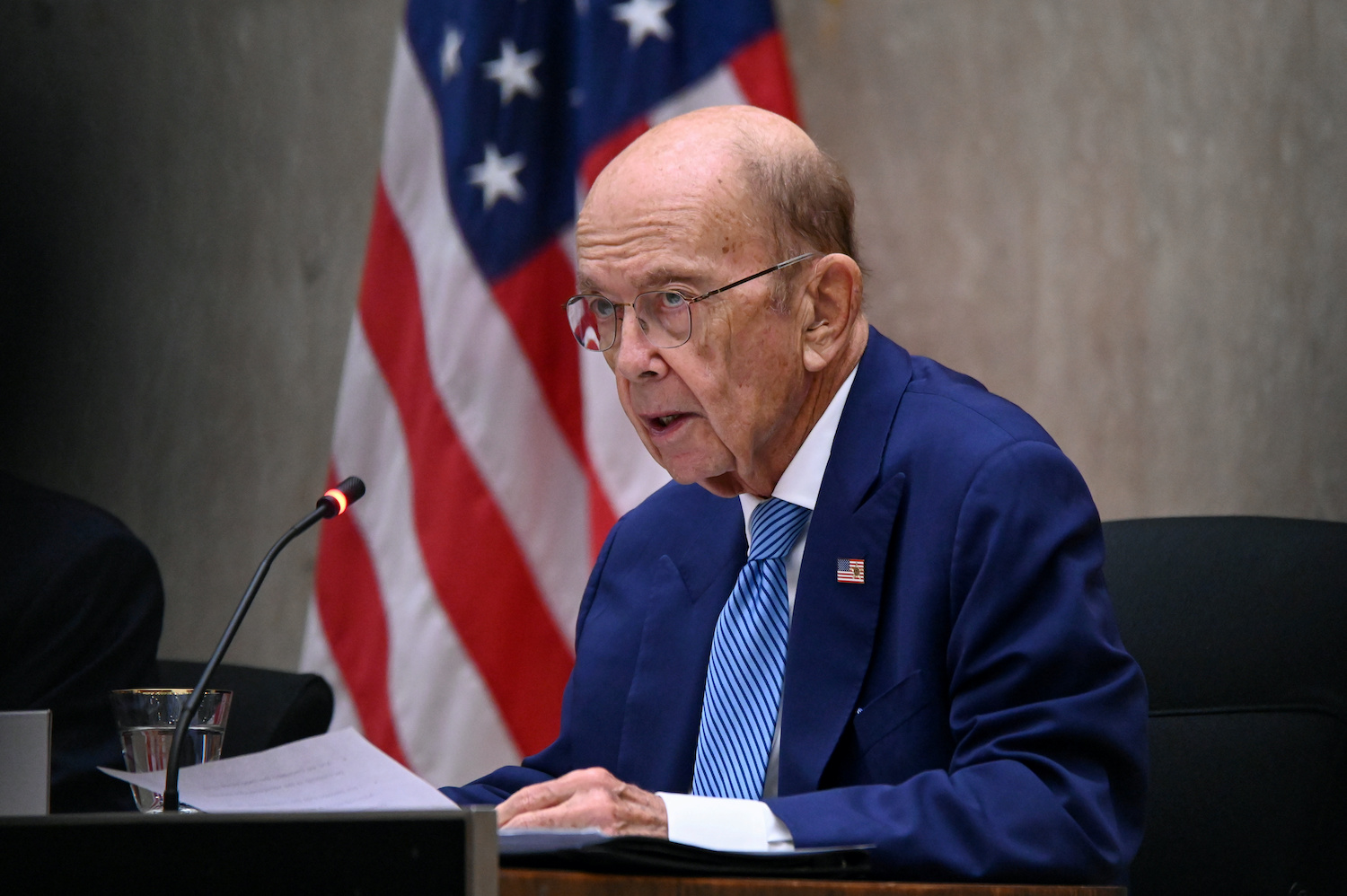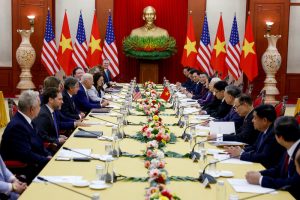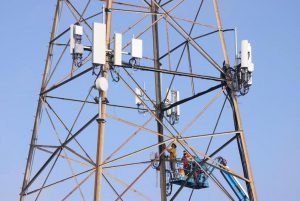(ATF) Commerce Secretary Wilbur Ross placed CNOOC and Skyrizon on an export blacklist, and the Pentagon added nine companies including COMAC and Xiaomi to its list of firms with links to China’s military on Thursday January 14.
The anti-China moves on Thursday by Ross and the Pentagon follow a successful intervention by Treasury Secretary Steven Mnuchin to prevent Chinese technology giants Alibaba, Baidu and Tencent from being added to the list of firms on a US blacklist for investment.
The Trump administration has less than a week left in office, and impeachment proceedings against the outgoing president are dominating domestic politics, but senior government officials continue to conduct fierce turf wars over how aggressively they should treat Chinese companies in an attempt to complicate future US/China relations for President-elect Joe Biden.
Commerce Secretary Ross remains a Trump loyalist who aligns with departing Secretary of State Mike Pompeo in advocating a tough anti-China stance.
Ross echoed Pompeo’s aggressive rhetoric in announcing that Chinese oil company CNOOC will join an entity list of firms subject to export and re-export restrictions.
A ‘bully’ in the South China Sea
“CNOOC acts as a bully for the People’s Liberation Army to intimidate China’s neighbours, and the Chinese military continues to benefit from government civil-military fusion policies for malign purposes,” Ross said.
“CNOOC has repeatedly harassed and threatened offshore oil and gas exploration and extraction in the South China Sea, with the goal of driving up the political risk for interested foreign partners, including Vietnam,” his Commerce Department statement added.
But senior US officials told reporters on a call on Thursday that the new CNOOC restrictions will not apply to crude oil, refined fuels and liquid natural gas – and do not apply to existing joint ventures with CNOOC outside the South China Sea.
Ross’ department added CNOOC to its “Entity List”, which requires firms to be granted a special license before they can receive exports of high-tech items from US suppliers. But the impact on the oil group may not be severe.
“Technologies for China’s offshore drilling are mature know-hows and CNOOC has overall very limited exposure to US expertise,” said Chen Weidong, Beijing-based founder of independent consultancy DFS Energy and previously an offshore oil veteran.
“Company may still need some components and equipment like logging tools from the US… but that is not hard to replace and China may need to catch up in manufacturing by itself.”
A second oil executive close to CNOOC said the offshore giant has increasingly turned to private local companies for services and the blacklist also could benefit engineering and equipment providers in Europe.
Chinese aviation company Skyrizon was also added to the Commerce Department list for firms with export restrictions, because of its ability to develop military products such as aircraft engines.
COMAC, Xiaomi
The Pentagon separately announced the addition of nine companies to its list of firms with links to China’s military.
Commercial Aircraft Corporation of China (COMAC) and mobile phone maker Xiaomi joined seven other companies on the list.
As with previous recent announcements of blacklisting moves by the Commerce and Defense Departments, Secretary of State Mike Pompeo issued a statement taking credit for the anti-China stance and unveiled new visa restrictions on Chinese government and military officials.
The United States opposes China’s extensive territorial claims in the South China Sea and says Beijing intimidates states such as Vietnam and the Philippines that have competing claims there.
China, in response, accuses Washington of trying to destabilize the region by sending warships and planes to the South China Sea.
Pompeo said on Thursday Washington was imposing visa restrictions on executives of Chinese state-owned enterprises and officials of the Chinese Communist Party and navy. He said the sanctions were directed against those “responsible for, or complicit in, either the large-scale reclamation, construction, or militarization of disputed outposts in the South China Sea, or use of coercion against Southeast Asian claimants to inhibit their access to offshore resources.”
Xiaomi shares listed on Nasdaq fell by 9.5% in US trading after it was added to the Pentagon list, but Alibaba’s shares on the same exchange were up by 2.5% on the day, reflecting ongoing relief that the much bigger Chinese technology firm had earlier dodged a potential blacklisting that could have had a significant impact on globally traded equity benchmark indices.
Later, in Asia, shares in Xiaomi slumped 12% in early Friday trading, while CNOOC Ltd shares rose around 1%. But analysts told Reuters they suspected the Xiaomi sell-off may be a short-term thing.
With reporting by Reuters
























